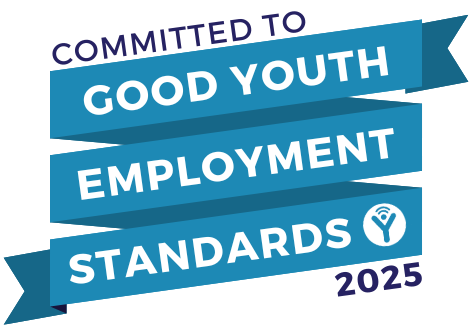Why would an employer use a FJAA?
While some employers offer Flexi-Job Apprenticeships themselves, most choose to use an FJAA – a specialist company which employs the apprentice directly for the duration of their apprenticeship and arranges placements for them with host businesses.
An employer could benefit from using an FJAA in a number of ways:
- having an apprentice for a time-limited project where they can’t commit to the 12-month apprenticeship minimum duration;
- ‘hosting’ the apprentice for all or part of their apprenticeship when it is unable to take an apprentice onto its own payroll because of restrictions on headcount, for example;
- outsourcing the administrative duties of taking on an apprentice, when the company doesn’t have the resources or capacity itself.
What is the role and responsibility of a Flexi-Job Apprenticeship Agency?
FJAAs recruit and employ apprentices and place them with host employers. As the apprentice’s employer, the FJAA is responsible for all aspects of employing an apprentice (e.g. dealing with HR issues) as well as the apprenticeship itself.
Some of the responsibilities include:
- arranging placements with host employers, ensuring the apprentice can gain acquire the knowledge, skills and behaviours to complete their apprenticeship;
- working with the provider and host employers to ensure progress is made;
- ensuring apprentices undertake their off-the-job training;
- continuing to pay the apprentice, even when they are in-between placements;
- supporting the apprentice while they are between placements.
What other benefits are there?
Using an FJAA means employers have greater flexibility in how they offer apprenticeships.
For example, they can offer either front-loaded apprenticeships (where a block of training is delivered at the start to give the apprentice key knowledge) or an accelerated apprenticeships (a shorter form of apprenticeship where prior learning is taken into account).
For more information click here and for an example of how front-loaded apprenticeships can work, see this Cogent Skills case study.
How can I find out more about using an FJAA?
Cogent Skills is the only FJAA for the UK science and technology sector. It has been operating as an employment agency since 2012 and is quality assured by the Education and Skills Funding Agency (ESFA).
As an FJAA, Cogent Skills employs the individual, taking all the HR and performance management responsibilities on behalf of the host employer. The host employer pays the individuals’ wage and a monthly employment fee (a percentage of the individual’s annual salary) to Cogent Skills.
For more information, click here.







